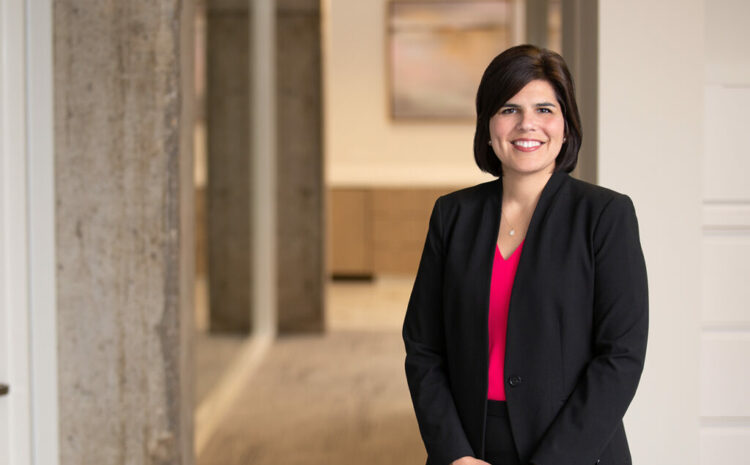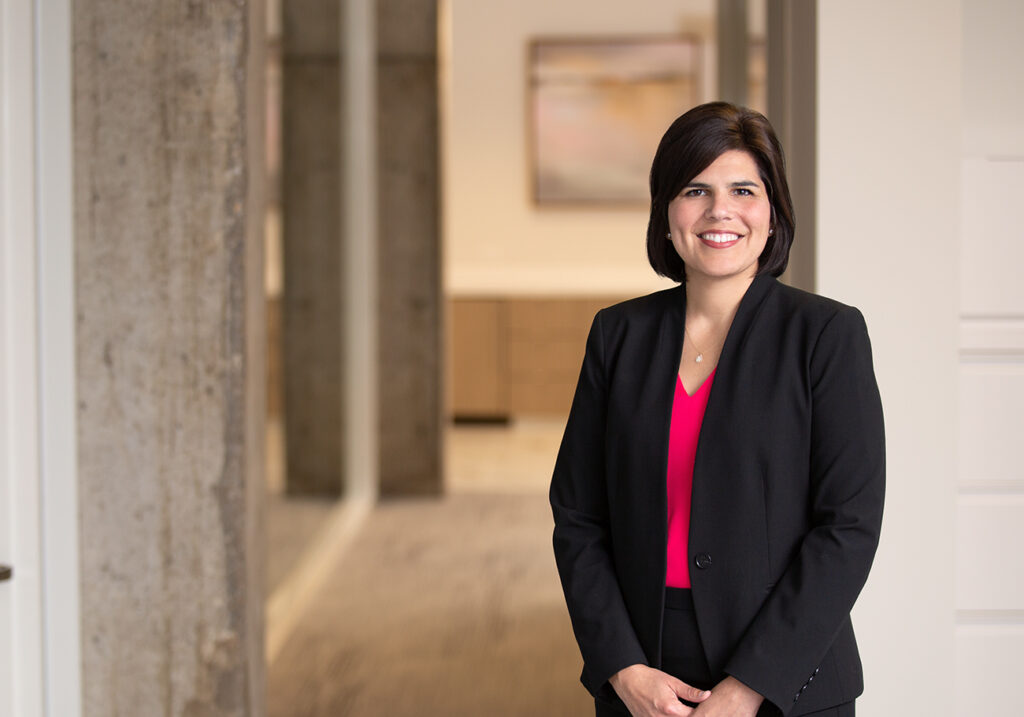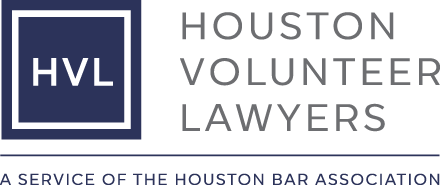
Link to Texas Law Book Article: Pro Bono Opportunities Abound in Guardianship Cases – The Texas Lawbook
At 22 years old, Ram R. of Houston is unable to care for himself, speak for himself, or avoid his reality as a chronic sufferer of seizures.
Diagnosed with autism, Ram relies on his family — especially his mother, who is his legal guardian — to help him get out of bed, eat, shower, communicate with doctors at his frequent medical appointments, and pick up medication to manage the seizures.
But a few years ago — after Ram had turned 18 but before his family secured a formal legal guardianship — the family faced uncertainty about their ability to continue attending doctor visits and making decisions on Ram’s behalf.
For starters, the guardianship paperwork was daunting. And even if the family could navigate it themselves, anyone in Texas seeking legal guardianship over an adult is required to retain a lawyer, and the average retainer cost alone now climbs into several thousands of dollars. But the family, which migrated to the U.S. from Mexico in the early 2000s, could not afford a lawyer.
“If we had the money to pay [for a lawyer], we would,” said Ram’s older brother, Roger R., who talked to The Texas Lawbook on the condition of maintaining his family’s anonymity. “When you don’t have the income, don’t have the knowledge and don’t have the language, it just looks like you’re inside a hole trying to dig yourself out and you’re not able to. It’s very discouraging.”
Thanks to a medical legal partnership between Houston Volunteer Lawyers and Texas Children’s Hospital (where Ram receives medical care), the family learned about the pro bono legal services HVL offers through its network of volunteer lawyers. HVL screened and accepted the family as clients, then connected them with Houston attorney Audrey Momanaee to represent the family pro bono to obtain legal guardianship.
By day, Momanaee practices energy litigation at Balch & Bingham’s Houston office and heads the firm’s litigation practice in Texas. But with her eight years and hundreds of hours of experience working on pro bono guardianship cases in her free time, she was able to obtain the guardianship status for Ram’s mother in a matter of months. By the fall of 2020, Fabiana R. signed the oath of guardianship to continue making medical decisions on behalf of her son.

“My mom was very stressed out and concerned that she wouldn’t be able to get the guardianship,” Roger said. “Audrey was able to relieve a lot of stress.”
Momanaee serves on the board of HVL, which is the legal aid arm of the Houston Bar Association. In 2022, the State Bar of Texas named her as the winner of the Pro Bono Coordinator Award for her work on numerous pro bono initiatives, including her work in guardianship cases. Momanaee says she is an advocate for all lawyers doing pro bono work because it “helps your heart” and lawyers are “obligated” to serve the role of helping the underrepresented members of their communities.
“I really focused on guardianships not just because I’ve enjoyed working with the clients, but because I’ve gotten a pro bono specialty in guardianships,” she said. “I’ve gotten more efficient and can help more people [by] understanding [this] area of the law.”
People who seek guardianships are typically parents or grandparents of children with disabilities so that they can continue making medical decisions for their child after they turn 18. A state-appointed guardianship also allows them to make decisions about their children’s activities and living arrangements. Momanaee said families who seek this kind of legal help often include parents of children with severe autism, Down’s syndrome or other disabilities that prevent the child from fending for themselves.
Momanaee said a typical guardianship case lasts several months and takes less than 50 hours to complete. She said the structure of the case generally starts with a client meeting to get a handle on the situation and collect documents. Then the lawyer obtains a certification of medical examination by the doctor of the incapacitated client (called the “ward”) and files an application with the appropriate court (in Houston, it’s probate court). Once the court appoints an investigator and all family members of the ward are served with a notice of the guardianship application, a short evidentiary hearing takes place, and then final paperwork is filed.
One does not have to be as experienced as Momanaee to handle these cases, says Stephanie Sommerlatte, an HVL staff attorney and supervisor of medical legal partnerships. However, lawyers do have to complete a four-hour CLE certification course before they’re eligible to work on guardianship cases.
But Sommerlatte says nuances in this area of law shouldn’t discourage or intimidate any lawyers interested in getting involved because HVL provides plenty of resources to equip pro bono lawyers with the confidence to handle these cases — regardless of the lawyer’s specialty in their day job.
“We have the [certification] CLE recorded so volunteers can watch them in their own time,” she said. “We also have a very supportive Harris County judiciary. We have a judge panel [that answers] frequently asked questions, gives insights, and one of the associate judges also gives a speech on alternatives to guardianship.”
At HVL, Sommerlatte added, pro bono guardianship attorneys are paired with a mentor (usually a staff HVL attorney) and are provided with a checklist, which includes form templates and lays out every step from “picking up the phone and calling the client to getting the engagement letter signed to finalizing” the remaining steps at the hearing, she said.
Sommerlatte said her department has worked with in-house lawyers who partner with their outside firms on guardianship cases. Previous partnerships have included Shell and Baker Botts as well as a four-way partnership between Chevron, ConocoPhillips, Foley and Pillsbury, she said. In addition, Hunton Andrews Kurth has been heavily involved throughout the decade-plus existence of the Texas Children’s-HVL medical legal partnership and to date has handled more than 340 pro bono cases.
In addition to the abundance of resources and support, Sommerlatte said that lawyers should not be spooked from handling guardianship cases because their many benefits outweigh their specialized nature.
Although some guardianship cases in Texas can be contested (for instance, financial guardianships over seniors with dementia), the overwhelming majority of cases that HVL encounters are uncontested, so they’re not going to be “adversarial like a divorce,” Sommerlatte said — solace to M&A-trained lawyers already leery of courtroom conflicts.
Since the pandemic, the probate judges who handle these cases have kept parts of the proceedings online, which adds time-saving convenience to the lawyers on these matters, and also adds flexibility to their geographic location.
“The Harris County probate courts love the uncontested Zoom docket, and I don’t see that going away,” Sommerlatte said. “We have three active volunteers in Austin taking our cases.”
Ultimately, the gratification one gets from helping families is perhaps the biggest reason to consider getting involved, both Sommerlatte and Momanaee said.
The stakes are high for the clients; Sommerlatte said she has witnessed families lose home healthcare services and have elective medical procedures delayed because legal guardianships were not in place. And at any given time, Sommerlatte said, there are at least 20 cases on her department’s waiting list in need of a pro bono attorney to step up.
“These families go through a lot already taking care of their child [who lives] with a disability their whole life, and now they’re told that because they’re 18, they have to go through a formal court process,” Sommerlatte said. “It’s scary for them … and you’re playing a small [role] in the process that they can’t do without you.”
Momanaee said her pro bono guardianship work — and pro bono work in general — helps her connect with her “why” as a lawyer.
“I deal with commercial disputes every single day. Commercial disputes are very, very important to my clients,” Momanaee said. “There are businesses on the line … [and] money on the line. Doing pro bono work, especially these guardianship cases, really helps me come back to this idea of what is the law there to do, and who are we there to protect? It [helps me] get grounded in those thoughts all the time.”
If you are interested in handling a guardianship case, please contact Brittany.Krohn@hvlp.org.
*Natalie Posgate covers pro bono work, public service and diversity within the Texas legal community.

